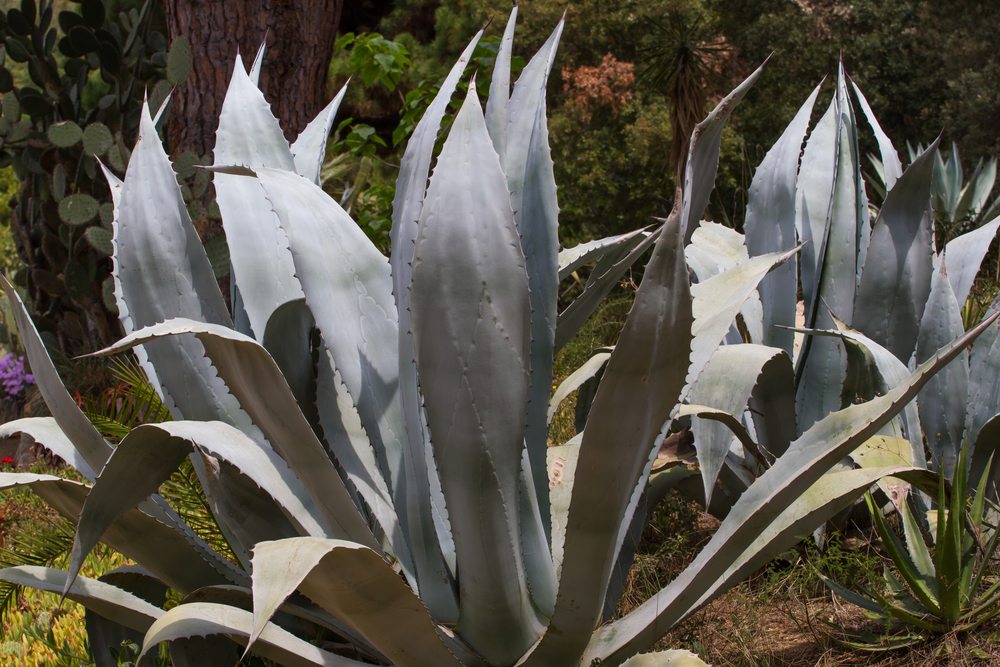Agave nectar seems to be making a big appearance on the sweetener scene, but is it really good for you? Let’s find out…
How It’s Processed And Refined
When determining if something is good for you or not, one of the first things you want to do is look at is how it’s processed. While corn has certain healthful properties, high fructose corn syrup does not. The change in benefits happens along the way to refinement and processing.
The main component of agave is starch, the same as what is found in corn or rice. The process in which the agave starch is converted into refined fructose and sold as the sweetener agave nectar is similar to the refining process for high fructose corn syrup. It goes through an enzymatic and chemical conversion that refines, clarifies, heats, chemically alters, centrifuges, and filters the non-sweet starch into a highly refined sweetener— fructose. Not sounding so healthy thus far, right?
Contrary to what people believe, most fructose doesn’t really come from fruit. The majority of fructose on the market is man-made or highly refined from starch. The fructose extracted from the agave plant is not extracted from the leaf as you would think, but from the bulb or root of the agave or yuca plant and then refined into a high fructose syrup.
It’s Impact On The Body
Agave nectar is made up of 90% fructose. High fructose corn syrup is 55% fructose. Once eaten, refined fructose appears as triglycerides in the blood stream and elevated triglyceride levels are linked to the hardening of human arteries. Fructose has been linked to obesity and has also shown to cause mineral depletion, insulin resistance, diabetes, cardiovascular disease, liver inflammation, and may even be toxic for use during pregnancy.
Based on how this sweetener is refined and processed, as well as the problems associated with refined fructose, this is one sweetener best to avoid and is not recommended by Good Decisions. Better choices (in limited quantities) would be raw unfiltered honey or pure grade B maple syrup.
Resources
Mercola J. “This sweetener is far worse than high fructose corn syrup”. Huffington Post, 2010. Web. October.2016. <http://www.huffingtonpost.com/dr-mercola/agave-this-sweetener-is-f_b_537936.html>.
Morell SF and Nagel R. “Agave Nectar: Worse Than We Thought”. Weston A. Price Foundation, 2009. Web. October. 2016. <http://www.westonaprice.org/health-topics/agave-nectar-worse-than-we-thought/>.
Teff, KL, et al. “Dietary fructose reduces circulating insulin and leptin, attenuates postprandial suppression of ghrelin, and increases triglycerides in women.” J Clin Endocrinol Metab. 2004 Jun;89(6):2963-72. Web. October. 2016. <https://www.ncbi.nlm.nih.gov/pubmed/15181085>.





